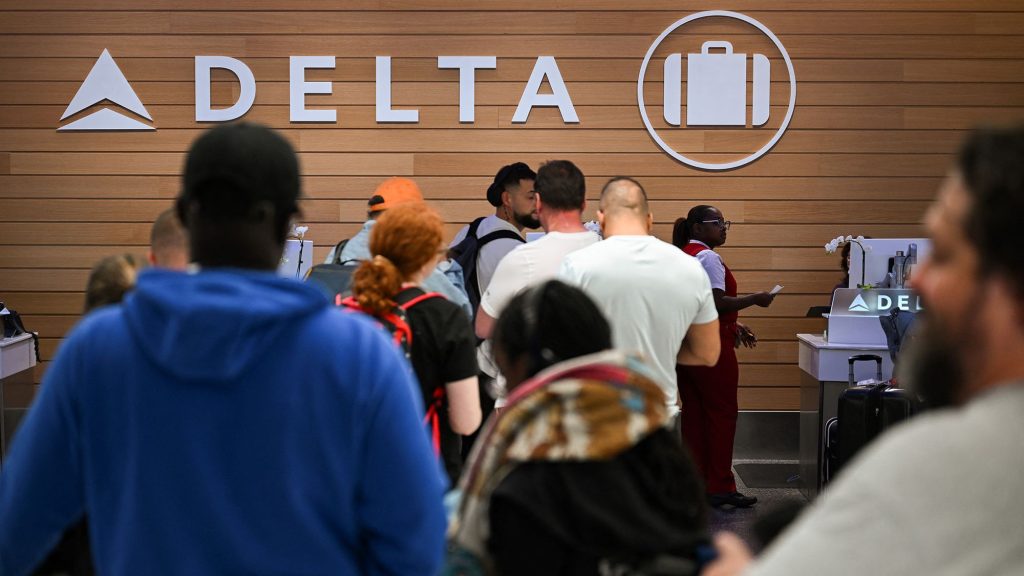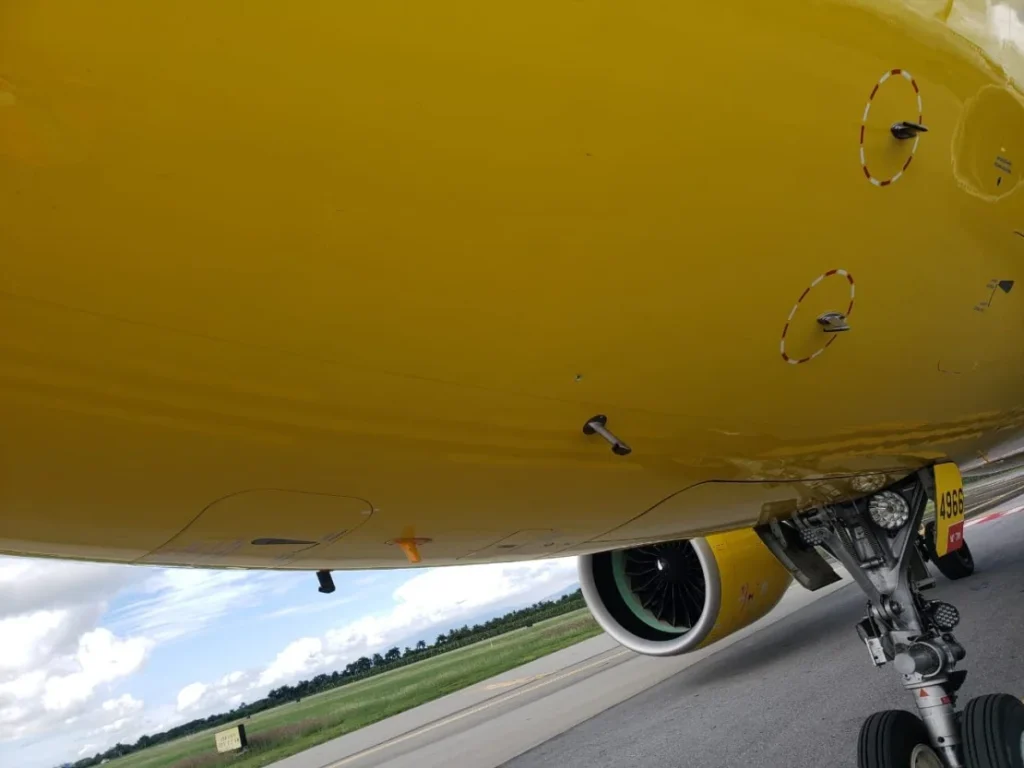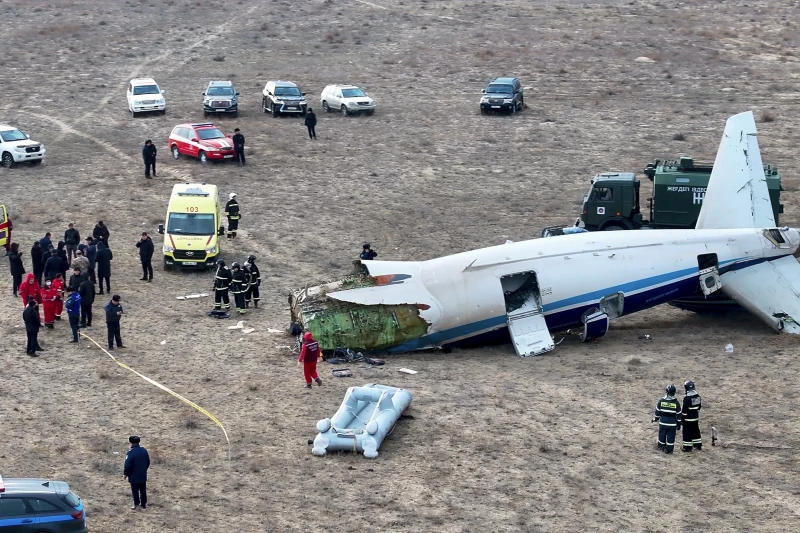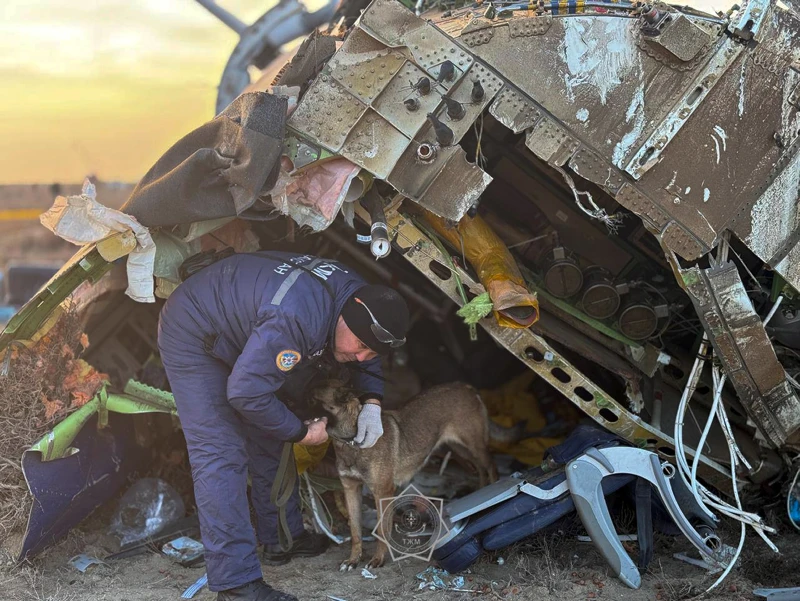Delta Airlines Takes Legal Action Against CrowdStrike

Delta Air Lines has filed a lawsuit against CrowdStrike, alleging that a faulty software update caused the crash of over 8.5 million computers worldwide, resulting in the cancellation of 7,000 flights, affecting 1.3 million passengers, and costing the airline over US$500 million in losses.
The incident, described by Delta as “catastrophic” in the lawsuit filed in Fulton County Superior Court, disrupted industries across the globe, including airlines, banks, healthcare, media companies, and hotel chains. Delta is seeking damages for out-of-pocket losses, lost profits, and reputational harm.
The fallout of the incident has prompted a U.S. Transportation Department investigation and raised questions about CrowdStrike’s software testing procedures.
According to the lawsuit, the faulty update could have been identified if CrowdStrike had tested it on even one computer before deployment. The fact that it caused crashes on all Windows-based computers suggests that the update was not tested at all.
CrowdStrike’s Senior Vice President, Adam Meyers, has since apologized before Congress for the incident, expressing regret and promising to prevent such a situation from occurring again.
The lawsuit, coupled with the Transportation Department’s investigation, is likely to bring significant scrutiny to CrowdStrike’s processes and quality control measures. This, in turn, could lead to changes in the industry and increased accountability for software vendors when it comes to testing and releasing updates.
Delta’s decision to pursue legal action also highlights the significant impact that even a single faulty software update can have on global businesses and customers, underscoring the importance of thorough testing and quality assurance in the development and deployment of software solutions.
The case between Delta and CrowdStrike has the potential to serve as a cautionary tale for other companies in the technology industry, who may now be more conscious of the potential consequences of software failures and be more proactive in their testing and quality control measures.
While CrowdStrike has expressed remorse for the incident and promised to prevent it from happening again, it remains to be seen how the lawsuit and investigation will affect the company’s reputation and business prospects moving forward.
This incident has shone a spotlight on the interconnectivity of today’s global economy, where a single software glitch can have far-reaching effects across industries and borders.
As companies increasingly rely on software solutions to manage their operations and processes, the need for robust cybersecurity and reliability becomes paramount.
This case may serve as a wake-up call to the tech industry to prioritize security and reliability in software development, taking into account the potential consequences of even small failures in a highly connected world.
With the lawsuit against CrowdStrike and the investigation by the U.S. Transportation Department, the stakes are high for both companies involved. For CrowdStrike, the incident and its aftermath pose a threat to its reputation and trustworthiness among customers and partners.
For Delta, the incident highlights the need for increased vigilance and due diligence when selecting software vendors and ensuring the reliability of their products.
Referenece and Citations:
- ABCnews – Delta sues cybersecurity firm crowdstrike over tech outage canceled
- CNN – Delta sues crowdstrike over software update that prompted mass flight disruption
- Timesofindia – Delta air line sues crowdstrike over catastrophic software updates that prompted mass flight cancellation






